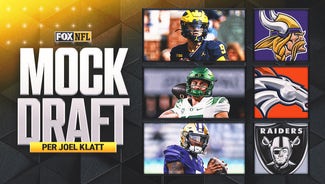





































































































































Easterling's battle no longer his own
No single retired player has become the face of the NFL’s concussion epidemic.
Nor is there a need for just one to illustrate the seriousness of the problem.
More than 1,200 former players — from starters to backups representing all 32 squads — have filed litigation against the league claiming post-football brain damage.
Ray Easterling was one of them. Along with six other former players, Easterling submitted a class-action lawsuit last summer that laid the groundwork for a flood of future plaintiffs.
Easterling, though, will never know how his case ultimately will be settled. The former Atlanta Falcons safety and standout member of the club’s renowned 1970s “Grits Blitz” defense committed suicide Thursday morning at his Richmond, Va. home. He was 62.
“He had been feeling more and more pain,” Easterling’s wife Mary Ann Easterling told FOXSports.com. “He felt like his brain was falling off. He was losing control. He couldn’t remember things from five minutes ago.
“It was frightening, especially somebody who had all the plays memorized as a player when he stepped on the field.”
Such a chilling description will hit home with fans of the Chicago Bears. They learned that beloved safety Dave Duerson was struggling with similar problems before he killed himself in February 2011.
The same goes for the Philadelphia Eagles and safety Andre Waters, a popular member of the team from 1984 to 1993. After he committed suicide in 2006, an autopsy revealed that the 44-year-old Waters had the brain tissue of an 85-year-old man.
Easterling, Duerson and Waters played a position where brain-jarring contact and tackles are par for the course. Those players also represent the 1970s, 1980s and 1990s — eras where the long-term effects of improperly treated concussions were unknown and the NFL had little desire to find out. Under former commissioner Paul Tagliabue and the advisory panel he assembled, the league ignored or dismissed many of the subsequent medical connections being made between on-field head trauma and ailments like dementia and depression.
Mary Ann Easterling told FOXSports.com that her husband suffered from both. Ray Easterling worked in financial services before co-founding a business that designed wellness programs (exercise regimens and the like) for corporations.
Four years ago, Easterling formed his own company. That’s when his mental struggles became more evident.
“He had the inability to organize and focus sometimes,” Mary Ann Easterling told FOXSports.com. “He used to be spot-on (with) his presentations. Then there was a transition. He began to get sidetracked.”
There are hundreds of other horror stories set to be told in court. More may be coming, too.
No matter how quickly Tagliabue's replacement, Roger Goodell, tries to temper future concussion-related fallout through rules changes, discipline and outreach, the league can’t outrun its past and those seeking a pound of flesh. Several former NFL players have told me they receive multiple letters each day from attorneys soliciting them to join class-action litigation. A seminar on legal rights for affected retirees is part of the second annual Independent Football Veterans Conference being held this weekend in Las Vegas.
Irv Muchnick, a reporter who founded concussioninc.net, was one of the first to aver that the NFL could be facing the same kind of monetary impact and negative press that hit tobacco companies sued for wrongful death and health issues. Depending on the ruling, NFL finances could be going up in smoke.
As part of its defense — should these lawsuits ever get to trial without settlement or dismissal — the league will surely assert that some of the problems players are experiencing might not stem from football but genetics, age and other factors. Other former players might be exposed for having embellished their claims looking for a payout. And there is the argument that all football players know the long-term risks they take, even if the potential dangers aren’t printed on helmets like the disclaimer on a cigarette box.
“I think when you sign up for this job, you know what you’re getting into,” Detroit Lions center and 11-year NFL veteran Dominic Raiola told the media earlier this week at his team’s offseason workout program. “It’s common knowledge that people are going to suffer. Memory loss is going to come. You’re hitting every time you step on the field.
“I am ready for it. It’s worth it — totally worth it. This is the best job in the world. I would never trade it for anything.”
I wonder if Ray Easterling once felt the same way?
FOXSports.com's A.J. Perez contributed to this report.
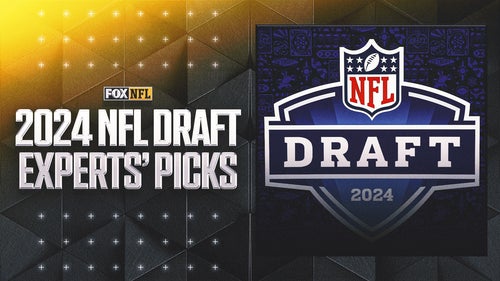
2024 NFL Draft best bets and odds

2024 NFL Draft Schedule: Date, time, how to watch, TV channel
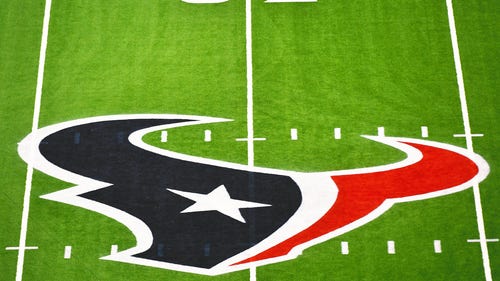
2024 New NFL uniforms: Texans unveil redesign, new secondary logo
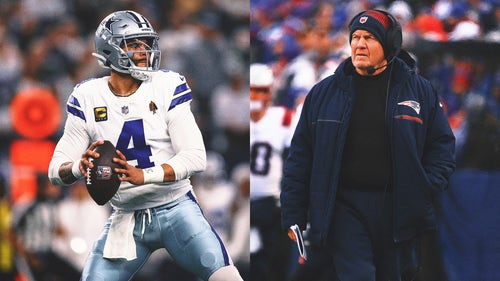
Could Dak Prescott and Bill Belichick team up in 2025 — on the Giants?
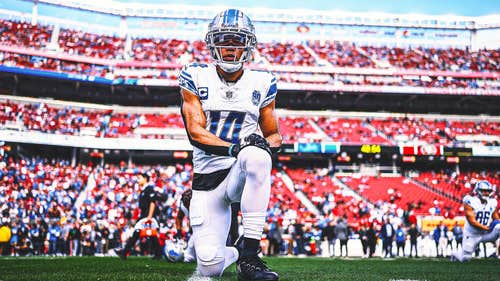
The Sum God: How Amon-Ra St. Brown’s record WR deal affects other star wideouts
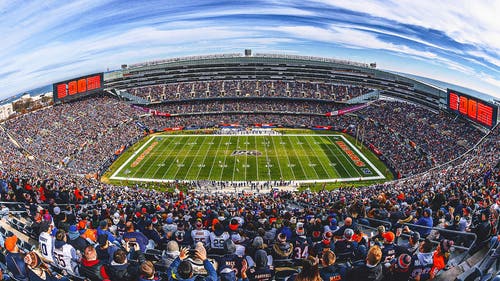
Bears announce plans for new 'state-of-the-art' stadium near lakefront
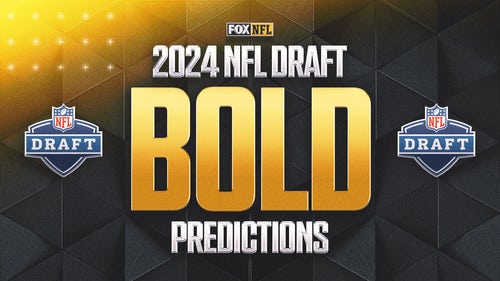
5 Bold Predictions for 2024 NFL Draft: Texas DT Byron Murphy a top-10 pick
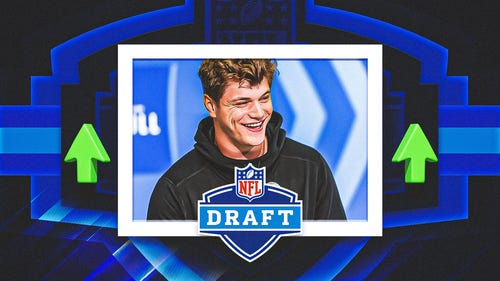
2024 NFL Draft odds: Chargers' odds to pick J.J. McCarthy rise on draft eve
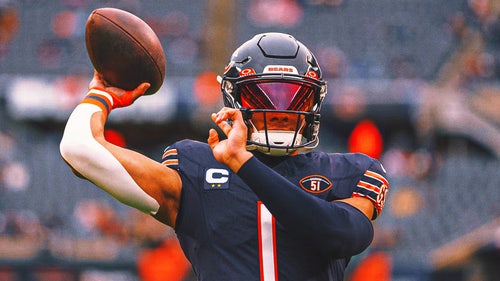
Steelers reportedly not expected to pick up Justin Fields' fifth-year option


2024 NFL Draft best bets and odds

2024 NFL Draft Schedule: Date, time, how to watch, TV channel

2024 New NFL uniforms: Texans unveil redesign, new secondary logo

Could Dak Prescott and Bill Belichick team up in 2025 — on the Giants?

The Sum God: How Amon-Ra St. Brown’s record WR deal affects other star wideouts

Bears announce plans for new 'state-of-the-art' stadium near lakefront

5 Bold Predictions for 2024 NFL Draft: Texas DT Byron Murphy a top-10 pick

2024 NFL Draft odds: Chargers' odds to pick J.J. McCarthy rise on draft eve

Steelers reportedly not expected to pick up Justin Fields' fifth-year option
